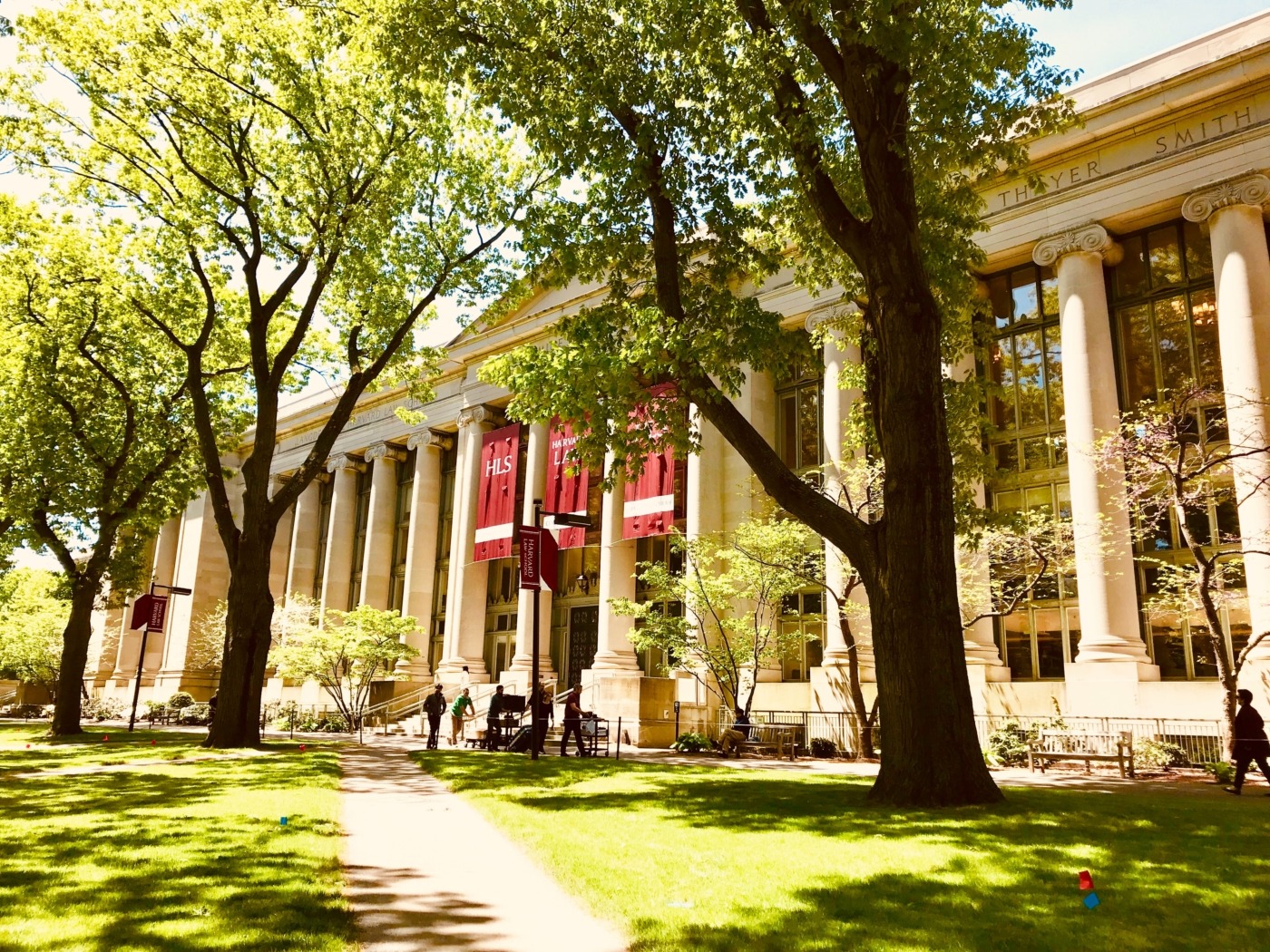Harvard accused of holding Native American human remains despite return order
Harvard University has been accused of holding onto thousands of Native American remains, despite a federal law mandating their return.
According to a leaked report obtained by student newspaper The Harvard Crimson, an internal probe into the institution’s Peabody Museum collections had uncovered almost 7,000 Native American remains.
The report states that the Peabody Museum holds onto these remains despite a more-than 30-year-old federal law that requires institutions that accept federal funds to return Native American remains and cultural objects to their descendants or tribes.
A steering committee was created after a review of the Peabody Museum of Ethnology and Archaeology found the museum housed the human remains of at least 15 individuals of African descent who were likely alive when slavery was legal in the United States.
“Our collection of these particular human remains is a striking representation of structural and institutional racism and its long half-life.”
–Harvard University draft report
University president Lawrence S. Bacow apologized “for Harvard’s role in collection practices that placed the academic enterprise above respect for the dead and human decency”.
Bacow charged the steering committee with comprehensively surveying all human remains in Harvard’s museum collections, developing a new school-wide policy on the stewardship of the remains, and creating processes to address memorials and possible returns.
According to the draft report: “Our collection of these particular human remains is a striking representation of structural and institutional racism and its long half-life.”
Speaking to the Crimson, Harvard professor Evelyn M. Hammonds, who headed the committee behind the report, said “it is deeply frustrating” that the newspaper published the document. She noted that it was unfinalized, and dated 19 April, two months before the newspaper’s report.
She wrote: “Releasing this draft is irresponsible reporting and robs the Committee of finalising its report and associated actions, and puts in jeopardy the thoughtful engagement of the Harvard community in its release.”
More than 3,000 of 10,000 human remains held by Harvard have been repatriated since the introduction of Native American Graves Protection and Repatriation Act in 1990.
The remains also include at least 19 people who were likely enslaved.
The report found that Harvard’s faculty, staff and leaders enslaved more than 70 Black and Native American people from the school’s founding in 1636 to 1783. It cautions that the figure is “almost certainly an undercount”.
The draft report says: “They were obtained under the violent and inhumane regimes of slavery and colonialism; they represent the University’s engagement and complicity in these categorically immoral systems. Moreover, we know that skeletal remains were utilized to promote spurious and racist ideas of difference to confirm existing social hierarchies and structures.”
In her statement, Hammond said the committee apologizes to “those parties who will be negatively impacted by the draft’s premature release” and said a final report will be released to the public “once the Committee is ready”, according to the Crimson.

Comments